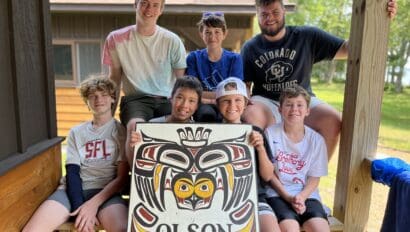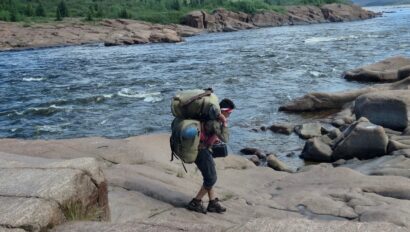One tenant of Camp Chippewa goes like this: Camp has not changed. And it is true. The Camp Chippewa of 2022 looks largely like the Camp Chippewa of 1935. Sure, there are new structures. And the forest looks different, with now-mature trees growing into a soaring canopy while others have long ago fallen and been replaced by new growth. But with the passing of years at Camp Chippewa, other things stay the same. Alumni return and are seamlessly transported back into their younger years, regardless of how long it has been since their last visit to Cass Lake. Likewise, each new group of campers revel in the same screen-free freedom that has captivated youth since before cell phones existed.
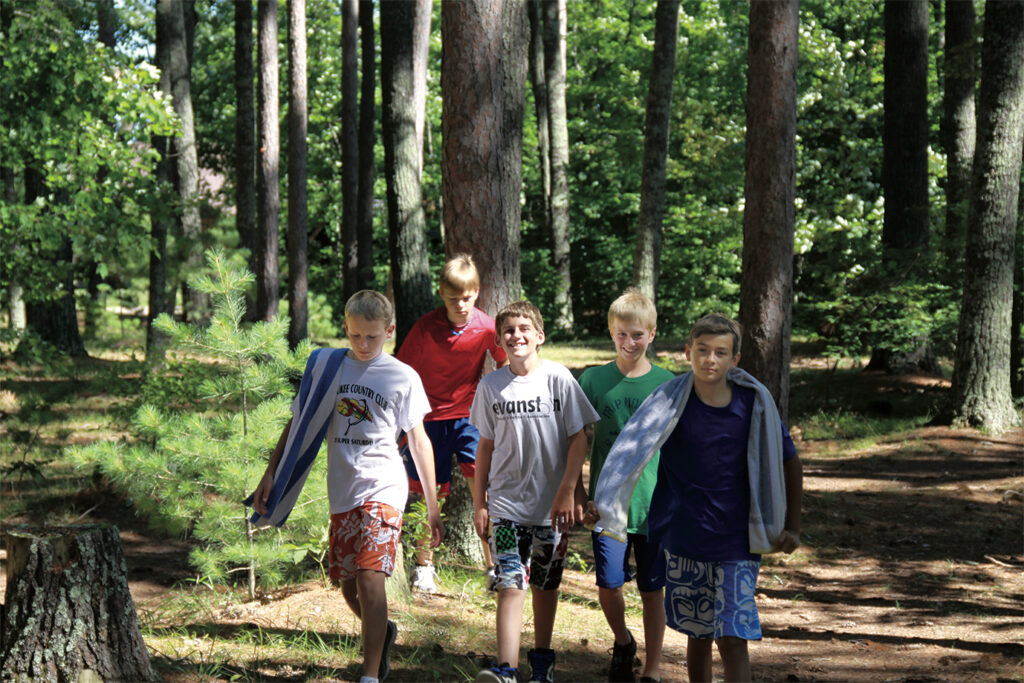
But in a world where the opportunities for people young and old are endless, why would a camp that takes direction and inspiration from a 90-year-old history be able to engage and develop its young people as well as the myriad opportunities available today? More and more parents are enticed by the offerings of competitive youth sports, college preparatory programs, and specialized activity camps to develop the skillsets and abilities of their children. All sorts of summer programs have bloomed in recent years, joining the arms race of offerings catering to accelerate the development of our youth and prepare them for success in the competitive and fast-paced arena of the 21st century. Parents want the best for their kids. But what if the underlying assumption, that we should aim to accelerate our children’s brain development, is wrong?
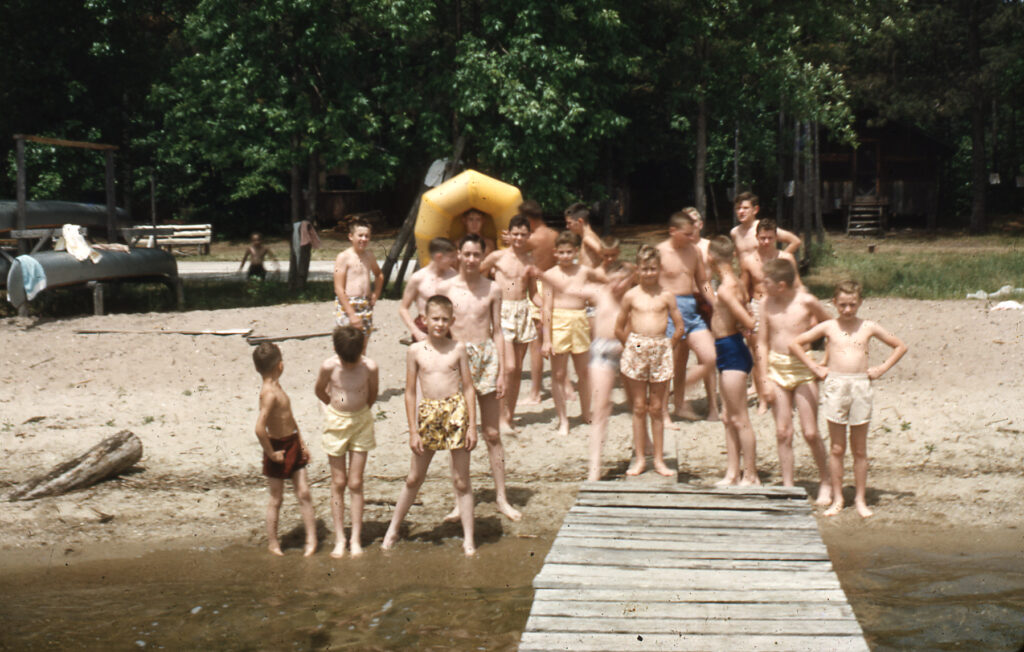
In the Wall Street Journal, Alice Gopnik argues that the more time young brains have to be plastic, the better for those brains. In her research review titled “What Children Lose When Their Brains Develop Too Fast,” Gopnik explains the importance of an unabridged childhood by explaining the effect of those childhood experiences on brain development.
As the human brain develops, both through normal aging and by undergoing adverse experiences, the cerebral cortex thins. The cerebral cortex—the outermost layer of the brain—is responsible for cognition. In childhood, the cortex is thick and dense with neurons. The behavioral effect of a thicker cortex is an aptitude to play, learn, explore, change, and adapt.
Adverse early experiences can make young minds inflexible, while a carefree childhood has clear cognitive benefits.
Alison Gopnik, “What Children Lose When Their Brains Develop Too Fast“
In adulthood, the cortex thins giving way to better abilities in rationalization, analysis, and exploitation. These are essential adult skills. However, those traits are far better employed when done from a foundation of traits honed in childhood. For the developing brain, the best route is to maintain a longer childhood, one that provides ample opportunities to play and explore in a safe setting.
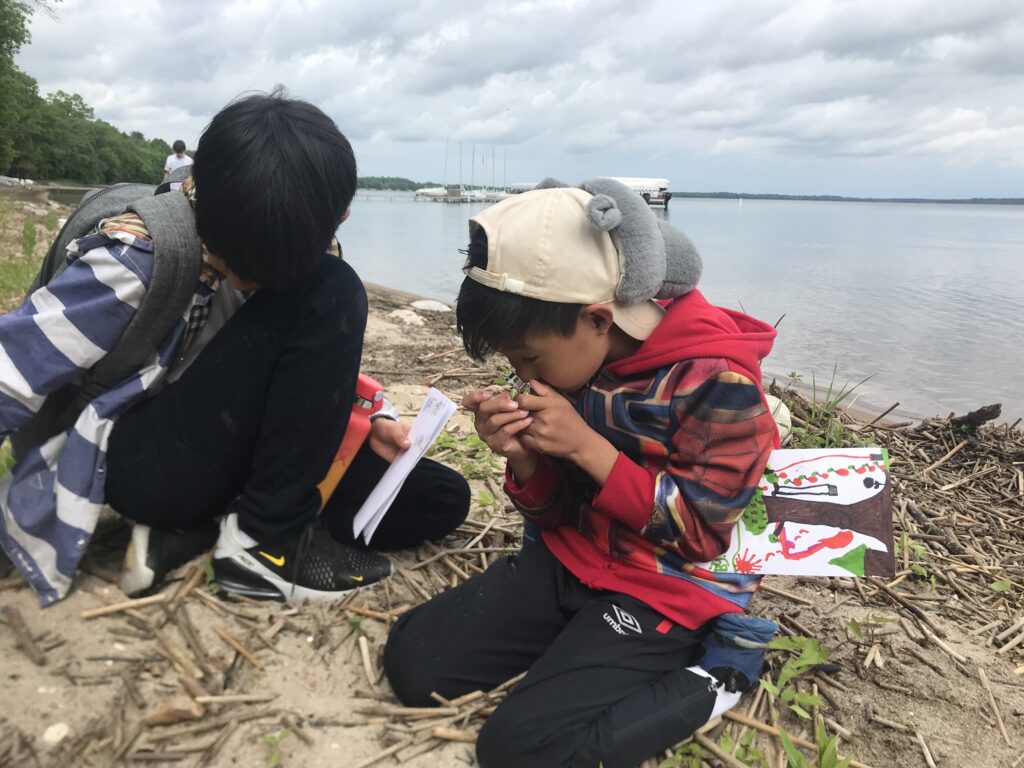
Giving [children] space to learn and explore is more important than crafting a particular curriculum. A longer, slower childhood may be better.
Alison Gopnik, “What Children Lose When Their Brains Develop Too Fast”
So why would a camp that has remained true to its philosophies of nearly 90 years be able to compete with the accelerated and specialized curriculums of other high-end summer programs? It is because childhood is not a race to the finish. Every young brain benefits from time to be at peace, time to play, time to make friends, and time to explore. Walking the trails through the woods or building a sandcastle may not sound as psychologically beneficial as taking a coding class, traveling to exotic destinations, or receiving tutoring. And we are not culturally inclined to assume that traveling for ten days through the wilderness can help a young man achieve as much in college and beyond as ACT prep or summer internships will. But the effects on the brain are clear: retaining the youthful creativity and adaptability of the childhood brain is the best path to a thriving adulthood—an adulthood driven by traits like resilience, creativity, and peace. This is why, in its 87th year, Camp Chippewa remains the premier summer experience for boys, and the greatest asset of many grown men around the world.
- Gopnik, Alison. “What Children Lose When Their Brains Develop Too Fast.” The Wall Street Journal, 11 Dec. 2021, p. C4.
